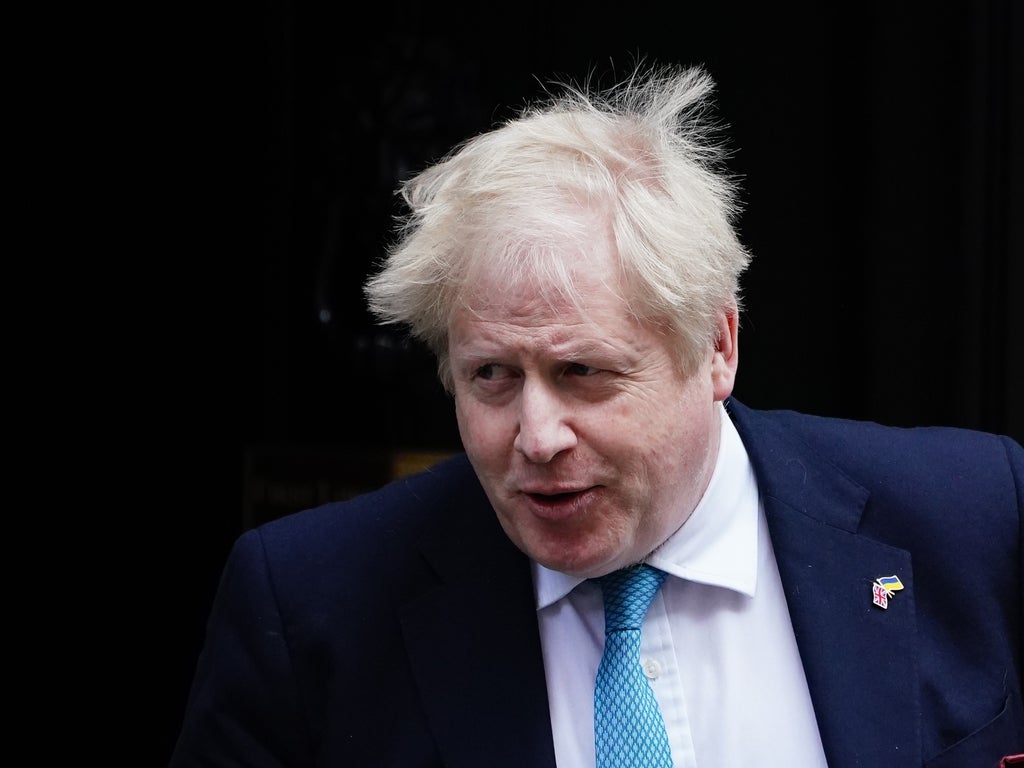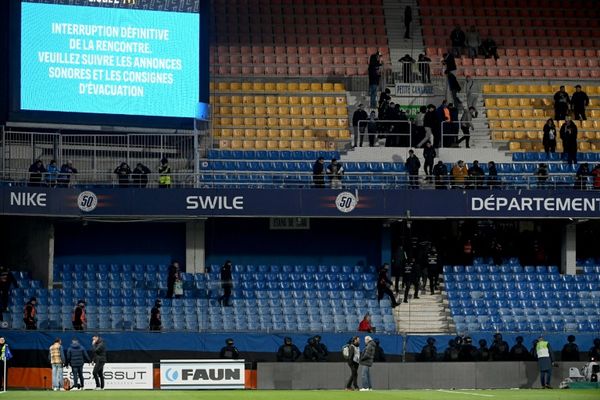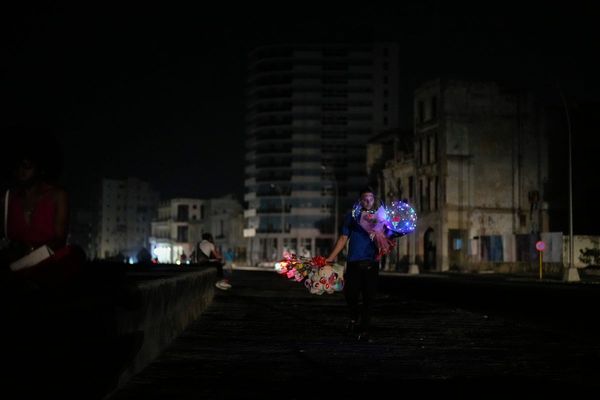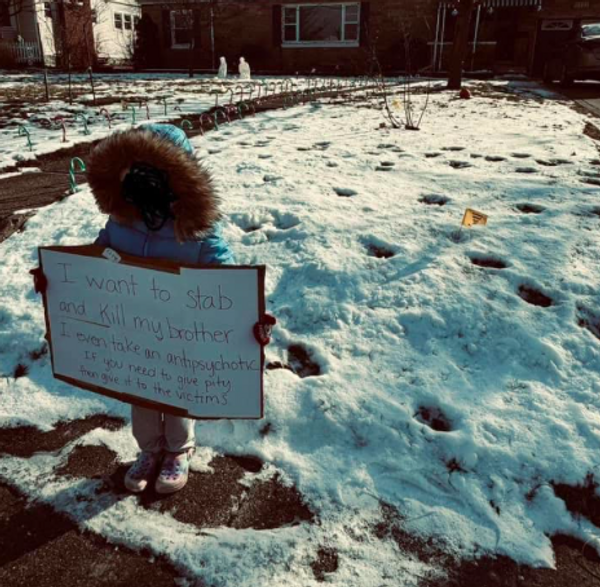
Boris Johnson has said Vladimir Putin is “failing” in Ukraine as he unveiled a new military support package for the country's defenders.
Britain is to provide 6,000 new defensive missiles and £25m for the Ukrainian armed forces in a bid to help push back the Russian invasion.
It comes as Mr Johnson is set to meet with Nato leaders at a summit in Brussels on Thursday, with the focus of discussions on how to bring an end to the conflict.
Mr Johnson has promised to use the meeting to push for extra support for Ukraine's military. Other issues on the agenda include humanitarian assistance for Ukrainian refugees, and sanctions on Russia.
Ukraine’s president Volodymyr Zelensky is also expected to speak to leaders at the gathering. Mr Johnson also spoke to Mr Zelensky on Wednesday afternoon ahead of the summit.
Kicking off the meeting on Wednesday Nato secretary general Jens Stoltenberg said the alliance was “concerned” over Russia potentially using chemical weapons in the country.
And he said Mr Putin's government “must stop its nuclear sabre-rattling”, branding the approach “dangerous and it is irresponsible”.
“Russia must understand that it can never win a nuclear war,” Mr Stoltenberg added on the eve of the summit – a major gathering which EU officials in Brussels are describing as an “extravaganza”.
But Mr Johnson faces an apparent snub as he arrives in the city, facing exclusion from the second part of the gathering of world leaders.
US president Joe Biden has been invited join the 27 EU presidents and prime ministers for a European Council meeting in the same city on the same day, where discussions about the conflict are expected to continue following the Nato summit.
But despite reports that Mr Johnson wanted to attend the second meeting, he was not invited and will miss the second part of day's proceedings.
The lack of an invitation raised speculation that the prime minister's comments over the weekend, comparing the war in Ukraine to Brexit, played a role in the snub.
Those words sparked fury in Brussels and other EU capitals, with former council president Donald Tusk branding them “offensive” to Ukrainians, British people, and even “common sense”.
Officials in Brussels are however downplaying any link between what Mr Johnson said and the lack of an invitation.
A senior EU official noted that European Council president Charles Michel had had “a long phone call with Prime Minister Johnson on Monday” and that this took place after Mr Johnson's remarks.
The official said Mr Johnson would have another opportunity to meet EU chiefs at a meeting of G7 leaders.
“The feeling was that we invite the president of the United States to the European Council, but we are not repeating the formats that we have had around the day,” the official added.
Britain was automatically allowed to attend the European Council as a member of the EU, but no longer has a seat on the body, which meets four times a year in the Belgian capital.
Speaking ahead of his attendance at the Nato leg of the gathering, Mr Johnson said: “Vladimir Putin is already failing in Ukraine. The Ukrainian people have shown themselves to be extraordinarily brave and tenacious in defending their homeland, in the face of an unprovoked onslaught.
“But we cannot and will not stand by while Russia grinds Ukraine’s towns and cities into dust. The United Kingdom will work with our allies to step up military and economic support to Ukraine, strengthening their defences as they turn the tide in this fight.
“One month into this crisis, the international community faces a choice. We can keep the flame of freedom alive in Ukraine, or risk it being snuffed out across Europe and the world.”
A Downing Street spokesperson confirmed Mr Johnson had spoken to Mr Zelensky and said he was updated on the latest developments on the ground.
“The prime minister reiterated his admiration for the bravery of the Ukrainian armed forces and their success in repulsing Russia’s onslaught,” the spokesperson said.
“He said the bombardment of civilian areas, including the siege of Mariupol, is unconscionable and demands a response from the international community.
“The prime minister set out his intention to use tomorrow’s G7 and Nato meetings to increase the pressure on Vladimir Putin’s regime and work with partners to substantively increase defensive lethal aid to Ukraine. Leaders would look to address Ukraine’s requests and ensure President Zelensky is in the strongest possible position in ongoing peace talks.”







